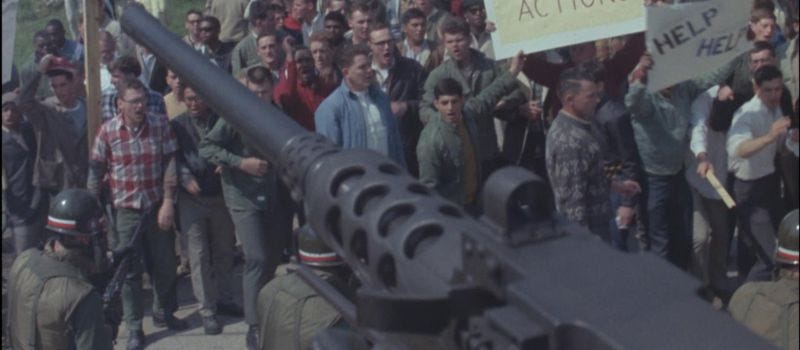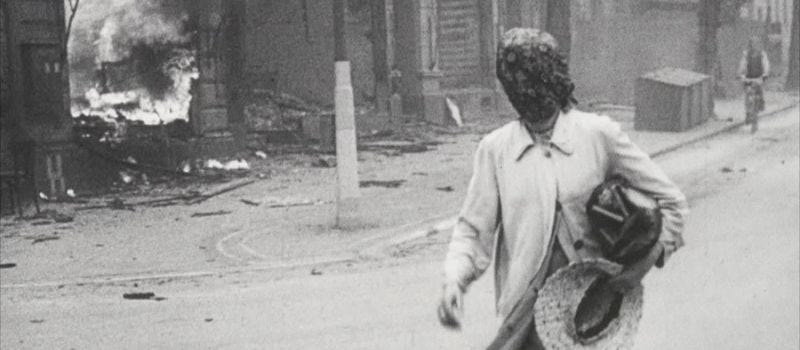Porto/Post/Doc 2022
Modern Times Review @ Porto/Post/Doc
With an eclectic philosophy, ranging from International Competition and parallel programmes, Porto/Post/Doc: Film & Media Festival aims to foster film culture, screening new forms of contemporary cinema. The festival occupies several venues of Porto, a historic and cosmopolitan city, the centre of a vibrant community and nightlife.
Porto/Post/Doc 2022 takes place from 16 to 26 November 2022.
Please remember to SUBSCRIBE to Modern Times Review and get all of our digital and print magazines and unlock our expansive archives covering all the non-fiction films, books, exhibitions, industry news, and essays that matter. Follow Editor-in-Chief Truls Lie on Twitter and also join our Facebook Group Modern Times Review for an uncensored conversation on all things «Modern Times».
And don’t forget to follow us on: Facebook, Instagram, Twitter.
NEWS
Porto/Post/Doc announces full programme details for 2022 festival
Porto/Post/Doc announces first programme details for 2022 edition
A House Made of Splinters
Director: Simon Lereng Wilmont
A small group of social workers work to create a much-needed safe space for children to live in.
All the Beauty and the Bloodshed
Director: Laura Poitras
Laura Poitras' Venice winner is a poignant and captivating portrait of the American artist and activist Nan Goldin.
Fragments From Heaven
Director: Adnane Baraka
Behind the search for abundant fallen meteorites in the Moroccan desert lies the fragments of human complexity.
Riotsville, USA
Director: Sierra Pettenghill
In a collage of archival tapes, delve into the stormy era of the 1960s in the United States with a detailed investigation of the period's incidents and their public reception through the lens of police militarization.
The Natural History of Destruction
Director: Sergei Loznitsa
Sergei Loznitsa’s sombre documentary, The Natural History of Destruction, re-examines the heavy bombing of British and German cities during World War Two, posing the question – ‘is it morally acceptable to kill civilian populations as a means of war?’







